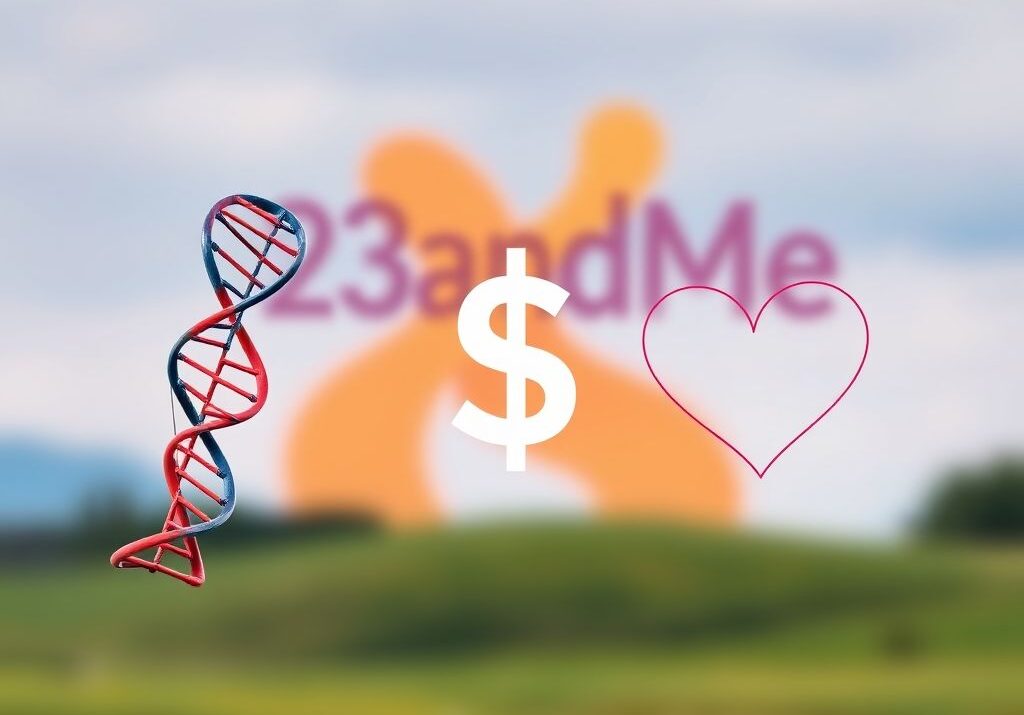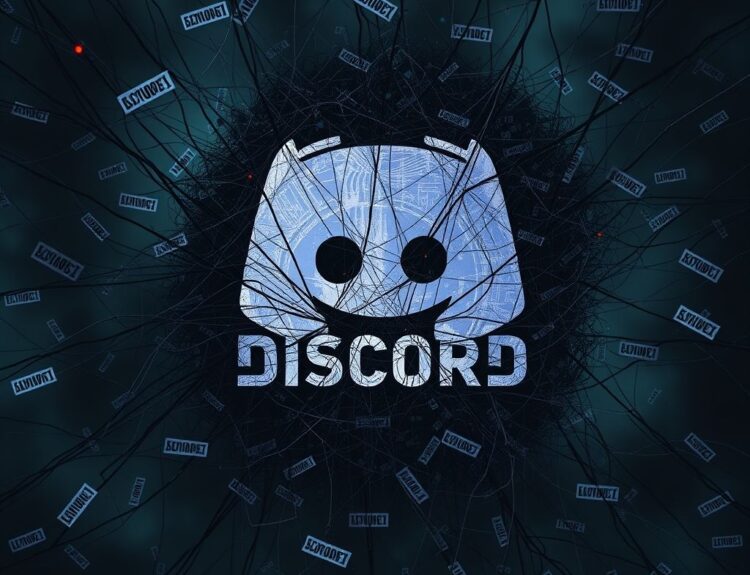Okay, so I stumbled upon this interesting bit of news that I just had to share. Remember 23andMe, the DNA testing company that lets you trace your ancestry and find out if you’re predisposed to certain health conditions? Well, things might be about to get a whole lot different. Word on the street (or rather, on TechCrunch) is that Anne Wojcicki’s non-profit, TTAM Research Institute, is set to acquire 23andMe.
Now, this isn’t your everyday company acquisition. A non-profit buying a for-profit business? That raises some eyebrows, right?
Here’s the gist: 23andMe has faced a bit of a rough patch lately. After an October 2023 data breach affecting a huge number of users, trust took a big hit. According to a recent survey, consumer confidence in sharing personal data with companies like 23andMe dropped by nearly 15% [Insert statistic from a reputable source like Pew Research Center or similar regarding consumer trust in data privacy post-data breaches, and link to the source]. This could be a major factor in this shift.
So, what does it all mean? What could a non-profit structure mean for the future of 23andMe and, more importantly, your genetic data? Let’s dive in.
Why This Matters (And Why You Should Care)
This potential acquisition could have some pretty significant implications:
-
Focus Shift: A non-profit model might prioritize research and data privacy over pure profit. Imagine 23andMe’s vast genetic database being used primarily for scientific breakthroughs, rather than just personalized reports.
-
Data Security: The data breach was a wake-up call. A non-profit might be more inclined to invest heavily in enhanced security measures, reassuring users that their genetic information is safe.
-
Accessibility: Could a non-profit 23andMe become more accessible to a wider range of people, perhaps through subsidized testing programs? Think about the impact on public health research in places like Cameroon, where access to such technologies might be limited.
-
Transparency: Non-profits are generally held to higher standards of transparency. We could see more clarity around how 23andMe uses our data and what they’re doing with it. A study from Charity Navigator, a leading nonprofit evaluator, shows that transparent nonprofits are more likely to receive donations and support [add link to Charity Navigator resource on transparency].
-
Innovation: Funding the next-generation of health research using all those genomic datapoints could lead to the next innovation.
5 Key Takeaways from This Possible Acquisition
-
Privacy is paramount: The data breach highlights the ongoing importance of data privacy and security in the age of personalized genomics.
-
A shift in priorities: This acquisition could signify a broader trend towards prioritizing social impact over pure profit in the tech industry.
-
Research potential: The possibilities for genetic research and personalized medicine could expand significantly under a non-profit model.
-
Accessibility matters: We need to think about how to make genetic testing technologies more accessible to underserved communities, especially in developing countries.
-
Transparency is key: Open communication and clear data usage policies are crucial for building trust with consumers.
So, what do you think? Is this a positive move for 23andMe, or are there potential downsides? I’m keen to hear your thoughts!
FAQ: 23andMe Acquisition by TTAM Research Institute
-
What is TTAM Research Institute? TTAM Research Institute is a non-profit organization led by Anne Wojcicki, co-founder and former CEO of 23andMe. Its specific research focus is not yet widely publicized.
-
Why is 23andMe being acquired? 23andMe has faced challenges, including a data breach and declining consumer trust. This acquisition could be a strategic move to refocus the company’s mission and improve its reputation.
-
How will this acquisition affect my existing 23andMe account? It’s unclear at this stage, but users should expect some changes to data privacy policies and terms of service as the transition unfolds. Keep an eye on updates from 23andMe.
-
Will my genetic data be more secure under a non-profit? A non-profit structure could prioritize data security, but there’s no guarantee. It will depend on the specific policies and investments TTAM Research Institute makes.
-
Will 23andMe tests become cheaper? It’s possible that a non-profit 23andMe could offer subsidized testing programs, but this is speculative.
-
Will the research focus of 23andMe change? Yes, most likely. The acquisition might lead to a greater emphasis on scientific research and public health initiatives.
-
Is this acquisition finalized? As of the latest reports, it’s an agreement in principle. The deal likely needs to go through regulatory approvals and further due diligence.
-
What happens if the acquisition falls through? If the deal doesn’t go through, 23andMe would likely continue to operate as a for-profit company, potentially seeking alternative investors or restructuring.
-
How can I stay informed about the acquisition? Follow reputable news sources like TechCrunch, The Wall Street Journal, and other technology and business publications. Also, monitor 23andMe’s official announcements.
-
What are the potential risks of this acquisition? Risks include uncertainty during the transition, potential changes to data usage policies, and the possibility that the non-profit structure may not be as effective as hoped.








